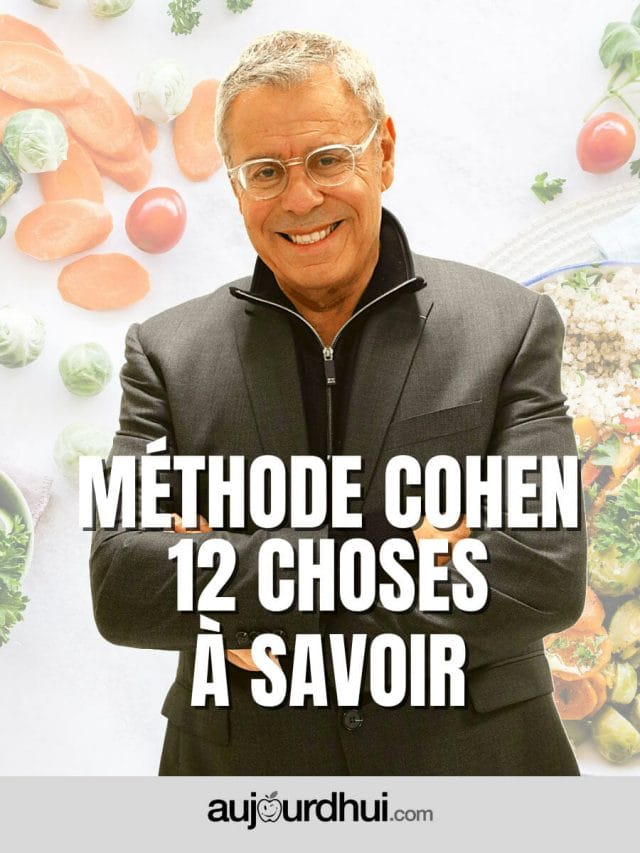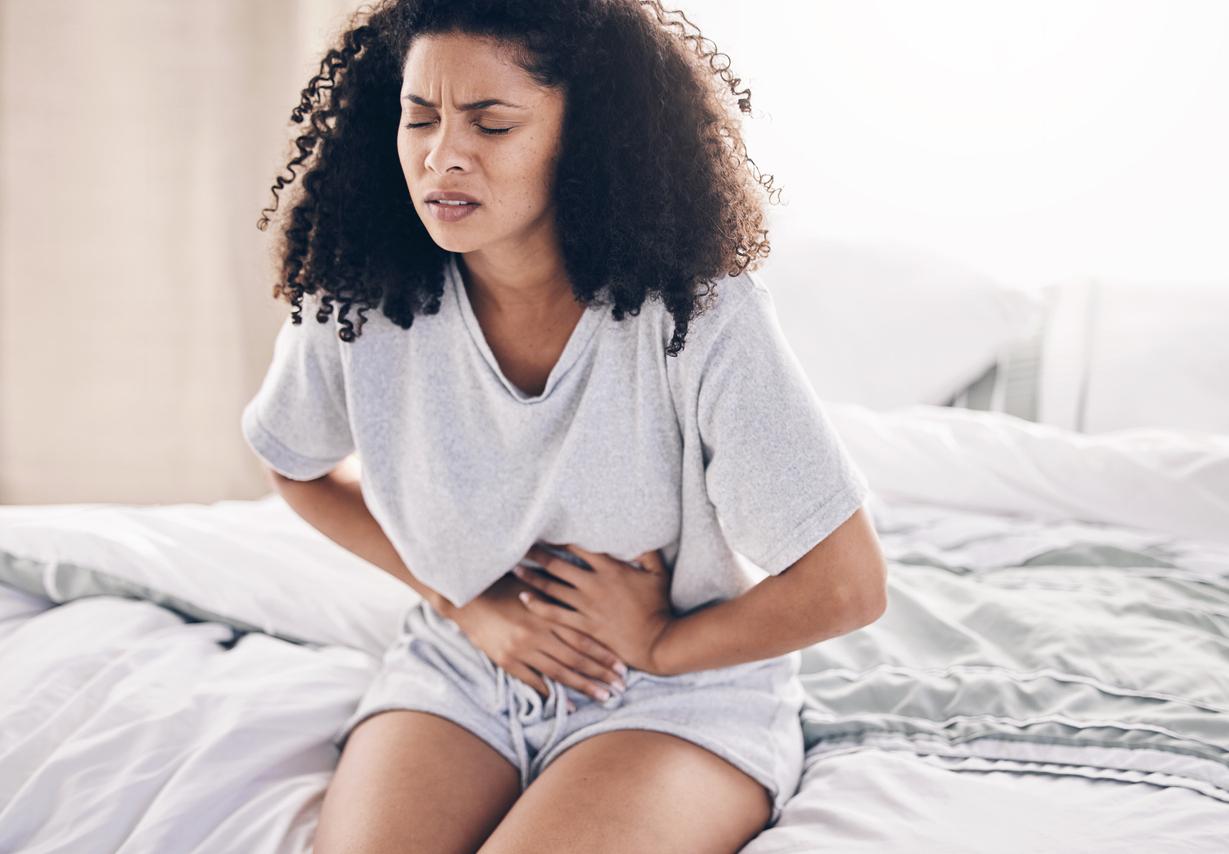The poorest French people find it difficult to eat healthily and sufficiently. This is the alarming observation revealed by the 12th edition of the Secours populaire français annual Ipsos barometer, published this Tuesday, two days before the presentation of the poverty plan by the government. This year, the association looked into food insecurity by interviewing 1,016 people constituting a representative sample of the French population aged 15 and over.
Faced with constrained expenses, such as housing or energy, food takes a back seat and often becomes an adjustment variable. And this, both quantitatively – meals are sometimes skipped – and qualitatively – the deadlock is made on fresh fruits and vegetables, meat, fish …
Healthy meals three times a day
Indeed, 86% of French people surveyed consider “That we are in a situation of poverty when we regularly experience significant difficulties in obtaining a healthy and balanced diet”, writes the Secours populaire. And it is a reality: 21% find it difficult to obtain a healthy diet to ensure three meals a day. For households with a monthly income of less than € 1,200, this is the case for nearly one in two people, 48%. As for the daily consumption of fresh fruits and vegetables, a quarter of respondents encounter financial difficulties that prevent them from eating them.
Difficulties paying for the canteen
The Secours populaire also questioned the parents of children under 18 accompanied by its association, in order to take stock of the difficulties in paying canteen costs. This is a concern for 19% of them, mostly from very modest households. The figure climbs to 58% for households that receive less than € 1,200. Now the study Healthy School Meals and Educational Outcomes – healthy school meals and educational results – cited by the Secours populaire, shows that the most disadvantaged pupils are in better conditions to learn when they benefit from a balanced lunch.
Imperative food aid
Faced with this situation, 92% of those questioned consider that it is imperative to preserve the funding of food aid to those who need it most, provided by the European Aid Fund for the Deprived (FEAD). They nevertheless believe that the European Union is not investing much in the fight against insecurity and poverty. 39% even believe that it is ” not at all “ the case. This is 21 points more than 9 years ago.
Finally, 89% say that food aid is more of an emergency. “It is a meeting, it allows to break the isolation, which destroys human beings in their humanity, it promotes the creation of social bond”, writes the Secours populaire. Sébastien Thollot, its national secretary, adds in the results press release: “The FEAD, renegotiated in 2020, must be defended as of today to guarantee access for the greatest number of people to diversified food aid. “ The association is more generally concerned about the feeling of poverty which is gaining ground: 59% of those polled knew it or said they were about to switch to it this year. This is two points more than in 2019.
Read also :
Insecurity during childhood has an impact on health
















